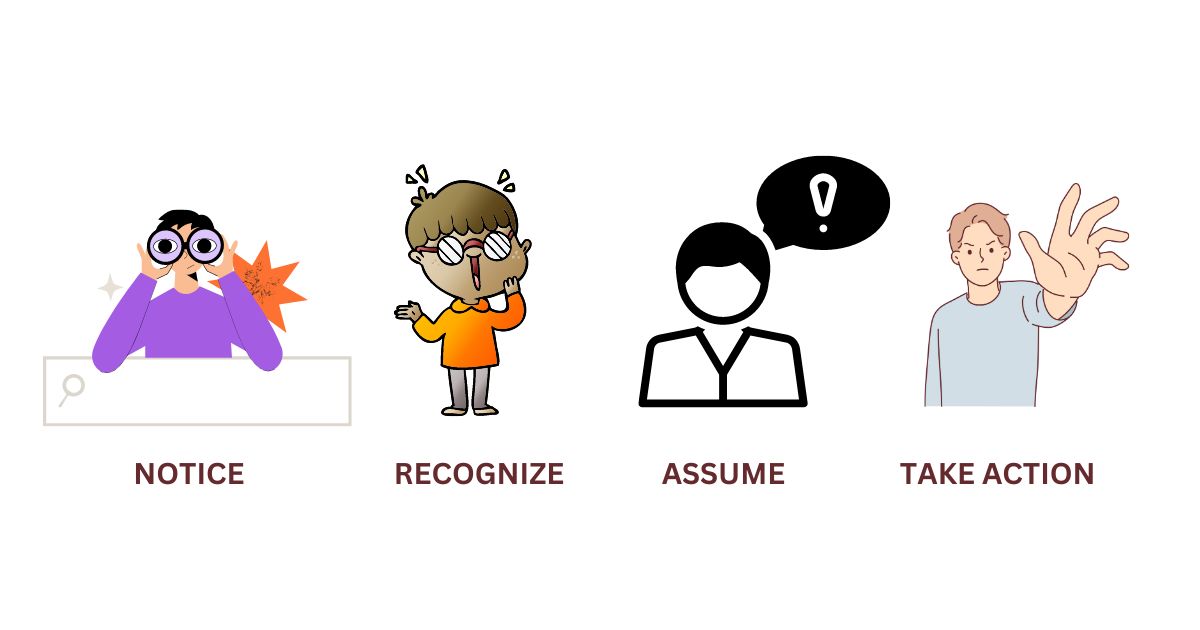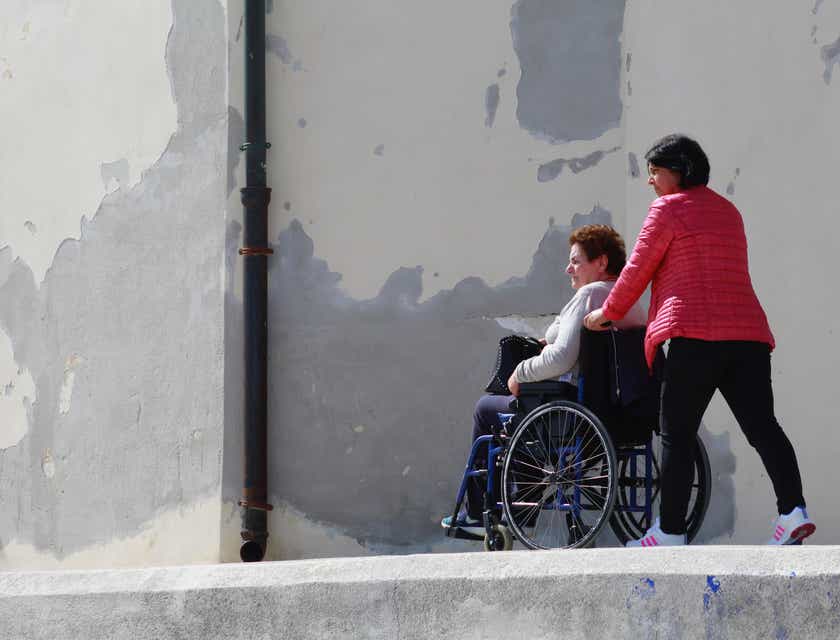Glen Campbell sang country music tunes back in the 60’s and 70’s and many will remember his hit song “Rhinestone Cowboy” which he also belted out last night during the Grammy Awards. He has joined the millions of other seniors who have been diagnosed with Alzheimer’s disease and is talking about his condition publicly. He currently is finishing a final year of performing as he deals with what he refers to as his “forgetfulness”.
As a veteran musician and performer, Campbell found himself suddenly forgetting lyrics in the middle of a song he had played a gazillion times. He is surrounded by family members on stage now whow are able to notice when he may become confused and coach hiim forward. He also keeps 3 teleprompters at his feet to refer to when he may forget a lyric.
Music, it turns out, has been therapeutic for Campbell and his wife, Kim, says he is actually doing better than he was a year ago partly due to medications and partly because she believes he is performing and has the therapy of music by his side. While Campbell is performing on his Farewell Tour, if he hits a moment where he forgets, his fans fill in the gap. His music is allowing him to cope with Alzheimer’s disease.
Alzheimer’s Foundation of America provides music therapy education and suggests these techniques for connecting with those with Alzheimer’s disease through music.
Music Therapy for Seniors with Memory Loss
Music Associations: most of us associate music with important events in our lives and will have a wide range of emotions sparked by a song we remember from a certain event or time in our lives. Hearing the tune evokes a memory and this is why some with memory loss may be able to suddenly step up and sing a song from their childhood or young adult years. Caregivers can search their itunes for songs from the time period of when the senior was a teenager or sometimes church hymns also can be very memorable.
Top Ten Picks: our young adult years are when most of us are the most engaged with music and finding the Top 10 hits from a seniors earlier days may stimulate memories. As an individual progresses through late-stage dementia, lullabyes and music from their childhood will usually spark involvement by them and can be used to stimulate relaxation.
Music for Agitation Management: non-verbal individuals in later stage dementia often become agitated because they cannot effectively process all of the environmental stimuli. Engaging the senior in singing, tapping, dancing and physical exercise connected with music gives them a structured activity to process their emotions and redirect their attention. Observe the individuals daily patterns to introduce music therapy at the time of day just prior to when they may become more disruptive and disoriented.
Emotional Closeness: as dementia progresses, individuals typically lose the ability to share thoughts and gestures of affection with their loved ones. They will, however, maintain an ability to move with the beat of a song until very late in the disease process. Ambulatory individuals can be easily directed to couple dance, which may evoke hugs, kisses or caresses. Those who are unable to walk can follow cues to swing with their arms and rock their body and usually enjoy being in the musical environment. Singing is also associated with safety and security from early life and provides an opportunity to connect with caregivers through singing or humming a melody.
Seniors with memory loss may live for many years while needing caregiving services. You may find the daily costs of nursing homes nationwide and read about President Ronald Reagan’s daily activities with Alzheimer’s disease. Senior caregiving services can cost as much as $80,000 per year for full-time care and a senior may also plan ahead for nursing home care which Medicaid does pay for, if a senior should spend down their assets and qualify for this low-income health insurance instead of Medicare insurance.







